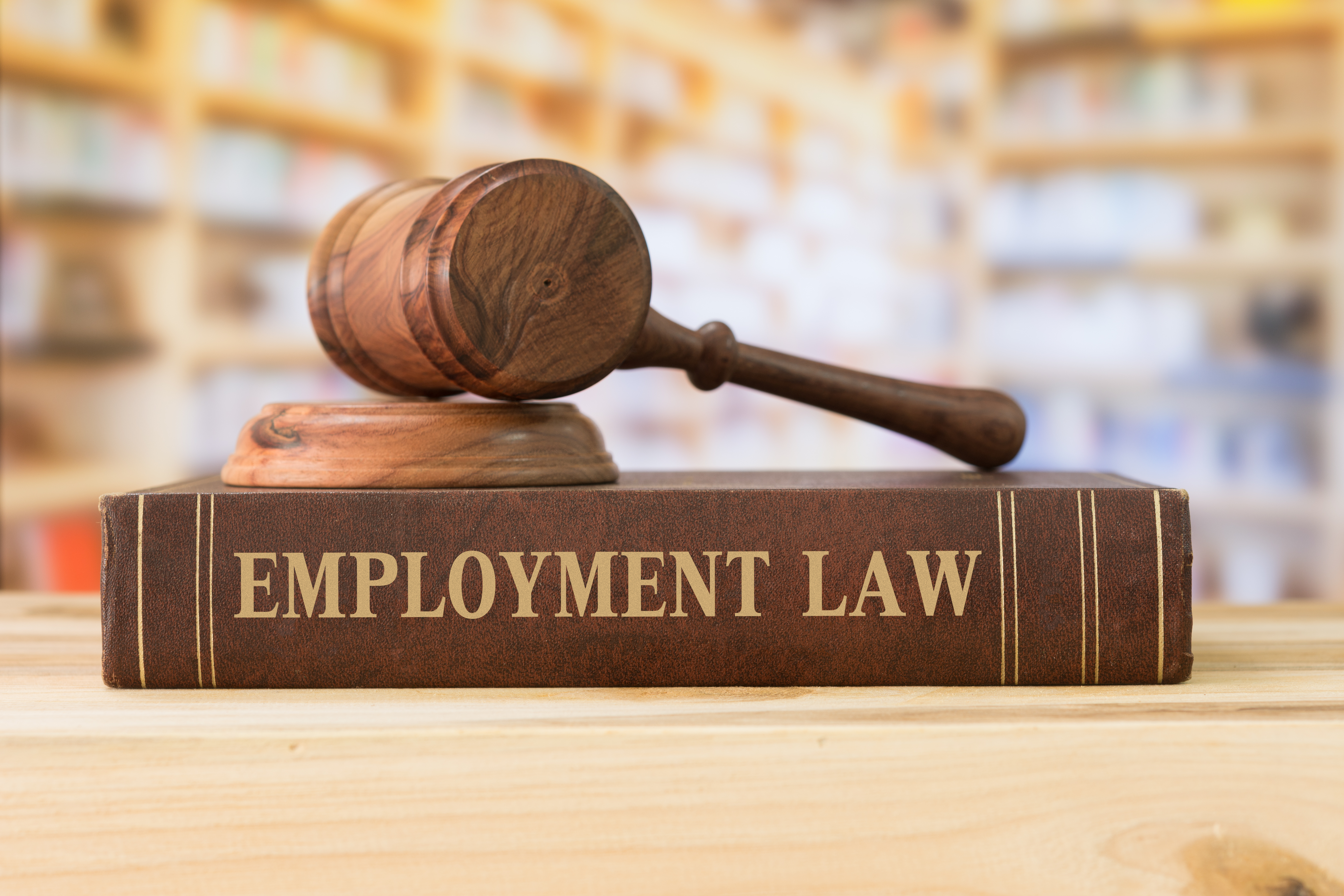California Labor Law Attorneys Collect Wages for Employees Denied Split Shift Differential Pay

California labor law attorneys have been working “overtime” to assist employees in collecting additional pay for working split shifts. According to the California Industrial Welfare Commission, a split shift is defined as “a work schedule, which is interrupted by non-paid non-working periods established by the employer, other than a bona fide rest or meal period.” If such a schedule is worked then the employer must pay a “split shift differential,” which is equal to at least all hours worked multiplied by the minimum wage, plus an extra hour of minimum wage (unless the employee resides at the place of employment). The rationale is that an employee should receive a higher wage in exchange for working outside the normal shift period. The split shift differential only applies to non-exempt employees who are compensated at or slightly above the minimum wage. If the employee is paid significantly above the minimum wage, then the compensation minimum is already met and the employer does not need to offer the extra hour of minimum wage.
Some employers attempt to avoid paying the split shift premium by forcing an employee to take longer breaks or multiple breaks during the day. This issue is complicated because California law provides that an employer must provide meal and rest breaks. An employer may not employ an employee for more than five hours per day without providing a meal period of at least thirty minutes. However, if the employee works no more than six hours per day, the meal period may be waived by consent of both parties. A second thirty minute meal period must be provided if the employee works more than ten hours per day. If no more than twelve hours are worked per day, then this second meal period may be waived by consent of both parties if the first meal period was not waived. For example, a work day may look like this:
8:30-1:30 (5 hours)
1:30-2:00 Required meal break
2:00-7:00 (5 hours)
7:00-7:30 Required meal break
Then any additional hours
Although the thirty minute breaks are mandatory, the law does not prohibit an employer from requiring longer breaks. If a longer break or additional breaks are provided, the question then becomes whether the break period is reasonable. If a two or three hour break is required, it is more likely that the schedule would be considered a split shift and the premium must be paid.
If you believe you are working a split shift and not being fairly compensated, contact an experienced California labor law attorney for an unbiased evaluation of your situation.
Labor law can be very complex, but we have qualified people to help you.
If you have any questions about this or any of our blogs please call us at: (213) 261-0229
Photo Credit: Shutterstock/ create jobs 51